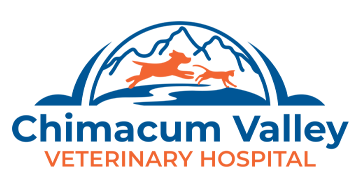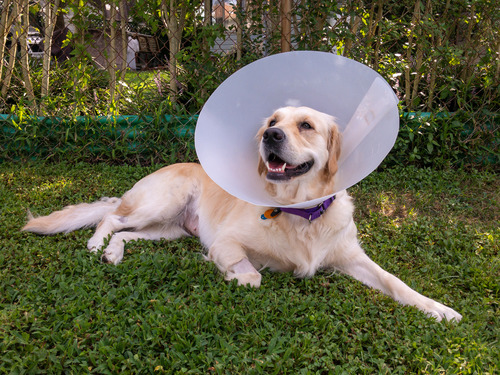As a responsible pet parent, you want the best for your dog—and that often includes decisions that go beyond basic care, like whether to neuter your pet. Neutering is a common procedure with numerous benefits for male dogs, ranging from health and behavior to the broader impact on pet populations. If you’re considering neutering for your dog, understanding what the procedure entails, its benefits, and the recovery process can help you make an informed decision. Here’s a detailed look at dog neutering and what pet parents should know before, during, and after the procedure. If you have specific questions or would like to schedule a neutering appointment, call Chimacum Valley Veterinary Hospital at (360) 385-4488 or request an appointment online.
What Is Dog Neutering?
Neutering, or castration, is a surgical procedure where a veterinarian removes a male dog’s testicles, rendering him unable to reproduce. This procedure is generally safe and is one of the most common surgeries performed at veterinary hospitals. Neutering typically involves a quick recovery time, especially when performed on younger dogs. However, even adult dogs can undergo neutering successfully, though they may require slightly more recovery time.
The process of neutering is generally quick, requiring anesthesia to ensure your pet remains comfortable and safe throughout. Once under anesthesia, the veterinarian removes the testicles through a small incision near the scrotum. This minor surgery usually takes less than an hour, and pets are often able to go home the same day.
Why Neutering Is Beneficial for Dogs
Dog neutering offers a range of benefits that go beyond preventing unwanted litters. From health improvements to behavior management, neutering can positively impact a dog’s life in several ways.
Reduces the Risk of Certain Health Issues
Neutered dogs are less likely to develop testicular cancer, and the procedure also decreases the chances of prostate issues, which can be common in older, unneutered dogs. By addressing these health risks, neutering contributes to a potentially longer, healthier life for your pet.
Helps in Managing Behavioral Concerns
Neutering often helps reduce behaviors driven by testosterone, such as aggression, marking, and roaming. This can be particularly beneficial for pet owners who notice behavioral changes as their dog matures. Although neutering is not a cure-all, it can help manage or lessen behaviors associated with mating instincts.
Benefits for Pet Populations
Beyond individual health and behavior, neutering contributes to the larger goal of controlling pet overpopulation. By neutering your dog, you’re helping reduce the number of unwanted litters, which lessens the strain on animal shelters and helps prevent homeless animals.
Preparing Your Dog for Neutering Surgery
Proper preparation can help ensure your dog’s neutering procedure goes smoothly. Here are a few steps to consider leading up to the surgery to ensure your pet is comfortable and ready.
- Pre-Surgery Evaluation: Before the procedure, your veterinarian will likely recommend a pre-surgery evaluation. This assessment helps confirm your dog’s health status and suitability for anesthesia. Routine blood tests may be recommended, especially for older dogs, to identify any underlying conditions that could impact the procedure.
- Fasting Requirements: Most veterinarians advise fasting for your dog the night before surgery to reduce the risk of anesthesia-related complications. Follow any specific guidelines provided by your vet and avoid giving your dog treats or food within 12 hours of the surgery.
- Comfort Measures: Consider bringing along a blanket or toy to help comfort your dog during their time at the veterinary hospital. Ensuring your pet feels as comfortable as possible can ease their anxiety and help with a smoother transition through the surgery process.
What to Expect on Surgery Day
Knowing what to expect on the day of the neutering procedure can help pet parents prepare both themselves and their pets for a successful experience. Below is a breakdown of what typically happens during a neutering surgery.
Admission and Pre-Anesthetic Protocol
When you arrive at Chimacum Valley Veterinary Hospital, your dog will be admitted and taken in for a quick pre-surgical check. The veterinary team may weigh your dog, review their medical records, and discuss any final questions or concerns.
Anesthesia and Surgery
Once ready, your dog will be administered anesthesia, ensuring a painless and stress-free experience. The procedure itself is straightforward and usually lasts between 30 to 45 minutes. Your veterinarian will make a small incision near the scrotum, through which the testicles are removed.
Post-Surgery Observation
After surgery, your dog will be monitored as they recover from anesthesia. Most dogs can go home the same day, though some may require a few hours to fully wake up. Our veterinary team will provide instructions on post-operative care, pain management, and any specific guidelines to follow.
Caring for Your Dog After Neutering
Once your dog is home, proper care during recovery is essential. While most dogs recover quickly, following a few guidelines can help ensure a smooth healing process.
- Restrict Activity Levels: Your veterinarian may advise keeping your dog’s activity level low for about a week after surgery. This helps prevent any stress on the incision site, allowing it to heal properly. Avoid running, jumping, and vigorous play, as these actions can increase the risk of complications.
- Monitor the Incision: Checking the incision site daily is important to ensure it’s healing correctly. Look for signs of redness, swelling, or discharge, and contact your veterinarian if you notice anything unusual. Keeping the area clean and dry will support faster healing.
- Pain Management and Comfort: Your veterinarian may provide pain relief medications for the first few days after surgery. Following dosage instructions is important to help keep your dog comfortable. Ensure your pet has a calm, quiet space to rest as they recover.
- Use of an E-Collar: To prevent your dog from licking the incision site, your vet may recommend an e-collar (also known as a “cone”). While some dogs may find it uncomfortable at first, it’s essential to prevent licking, as this can lead to infection and slower healing.
Most dogs recover smoothly from neutering, but it’s essential to know when to reach out for additional support. Watch for any unusual symptoms during recovery, such as excessive bleeding, lethargy, vomiting, or changes in appetite, which may indicate complications. At Chimacum Valley Veterinary Hospital, our team is here to support you and your pet at every stage of the neutering process. If you notice any concerning symptoms or have questions about your dog’s recovery, call (360) 385-4488 or book an appointment online.





